CES 2024: Samsung, LG on AI in home appliances and what it means for consumers
2024 is the year AI will genuinely make a difference in your home. Hear from the experts leading the charge.
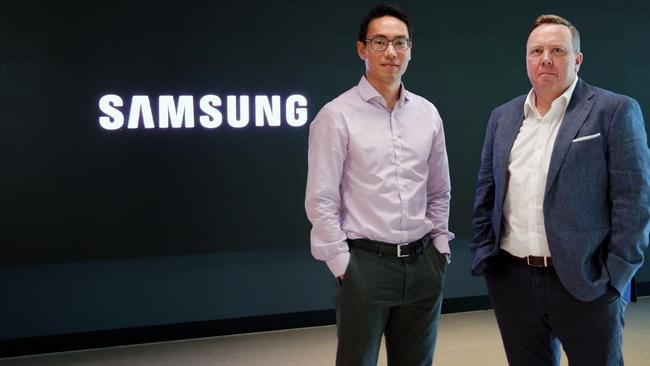
The world’s biggest tech companies say 2024 will be the year AI finally comes to life, freeing up people from household chores and allowing smart appliances to work more seamlessly together.
Artificial intelligence technology has made significant strides since ChatGPT’s public launch in November 2022, and through 2023 companies the world over raced to declare themselves an AI company and released products showcasing it.
But Samsung Australia’s head of consumer electronics Jeremy Senior said 2024 is the year when the technology’s impact will begin to be at a broad consumer level.
Mr Senior told The Australian at CES in Las Vegas this week consumers will see smart appliances working better together to help people save money on their power bills and curb food waste and other benefits.
“Instead of those simple, one-off scenarios such as the dryer notifying you when it’s finished, it’s now about how your refrigerator can examine the ingredients that are within the fridge, and then formulate recipes,” he said.
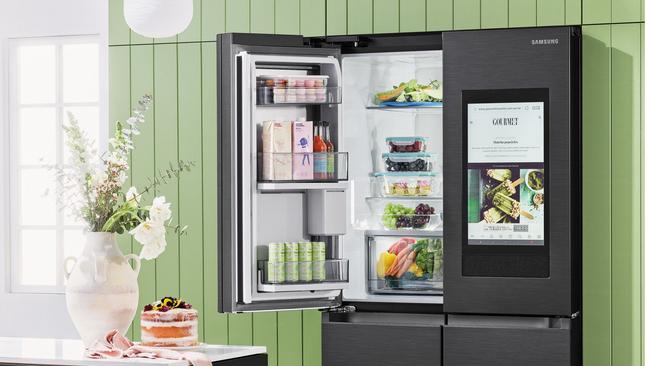
The recipe function — which can identify near out-of-date ingredients and suggest meal ideas — is one of the updates to the company’s smart fridge, the Bespoke 4-Door Flex, on which the 2024 model can play YouTube Shorts videos and tell them the difference between apples and oranges.
This connectivity will form the backbone of the connected future, Mr Senior said, allowing some products to later be upgraded via software to make more decisions and have options for automation.
“What we will see more and more, and the reason why Samsung’s breath of the ecosystem is so important, is more products talking to more products to deliver more beneficial outcomes,” he said.

Connectivity extends beyond the Korean giant’s product line and into partnerships with competitors, with one announced this week including Elon Musk’s Tesla, with Samsung customers now able to monitor their Powerwall home battery, Solar Inverter, Wall Connector and electric vehicles in the company’s SmartThings app.
Further partnerships announced this week also include Korean automotive giant Hyundai and subsequently Kia, allowing SmartThings connectivity on their infotainment screens, with customers able to start their vehicle, control airconditioning and open and close windows from their mobile app.
LG is similarly making strides with connectivity and the use of the technology to monitor how devices connect. Chief executive William Cho said the company was deploying AI to provide “real-time intelligence” to ensure its devices worked more smoothly together.
LG’s AI platform draws on 500-700 million of LG smart products in households globally to analyse customers ‘physical’ and ‘emotional patterns’. It’s part of its strategy for a “zero labour home”, where smart AI-powered appliances do most of the housework.
At CES, LG unveiled a robot called a smart home AI agent, which features multi-modal technologies to engage in complex conversations and perform tasks such as monitoring pets when you’re away.
The agent, which features a two legged design and a screen, can also understand changes in your voice. If it detects that you have a cold, it can increase your home’s heating — or if you’re really ill it will ask if it can make a medical appointment for you.
“Our groundbreaking smart home AI agent combines cutting-edge autonomous mobility and AI technologies with advanced communication capabilities and services to help free customers from household chores,” said Lyu Jae-cheol, president of LG Electronics home appliance & air solution division.
“A smart life solution company, LG will continue to help customers experience a smarter, more enjoyable life at home.”
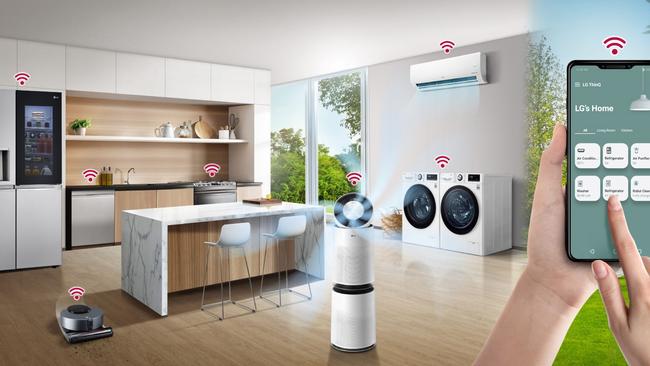
Another example of how AI can ensure LG’s smart home devices work more smoothly together is alerting a customer they are using their induction cooktop and asking if they would like their air purifier switched up to safeguard its purification filter.

LG also announced a partnership with Google to incorporate Chromecast into its TVs, so customers can watch content from any device. The partnership will also allow people to control their Google Home devices via their TVs.
The authors travelled to CES as guests of Samsung and Hisense.


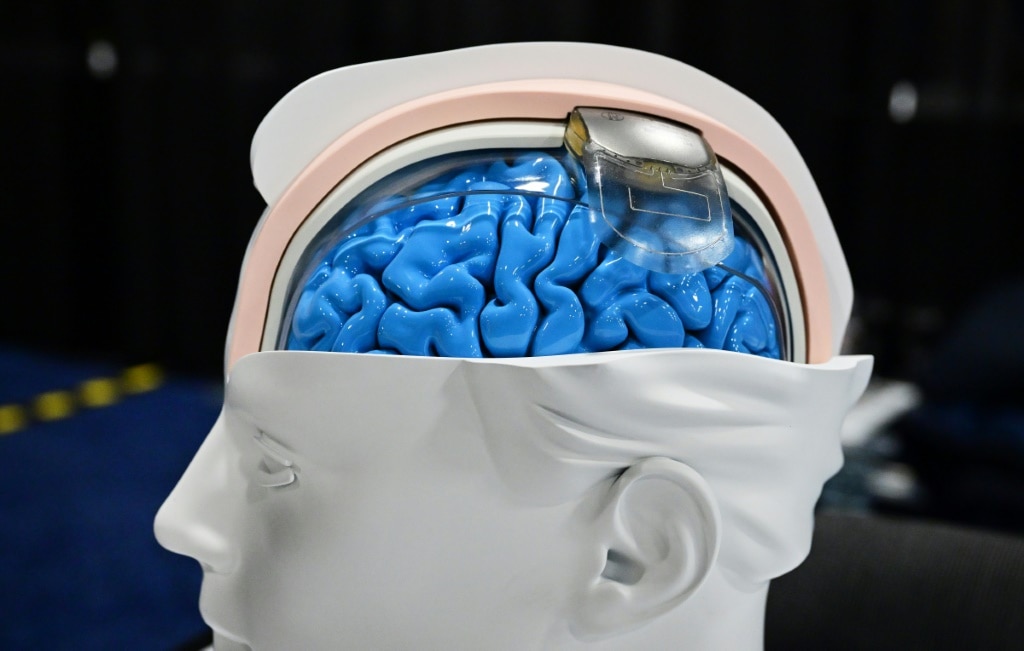

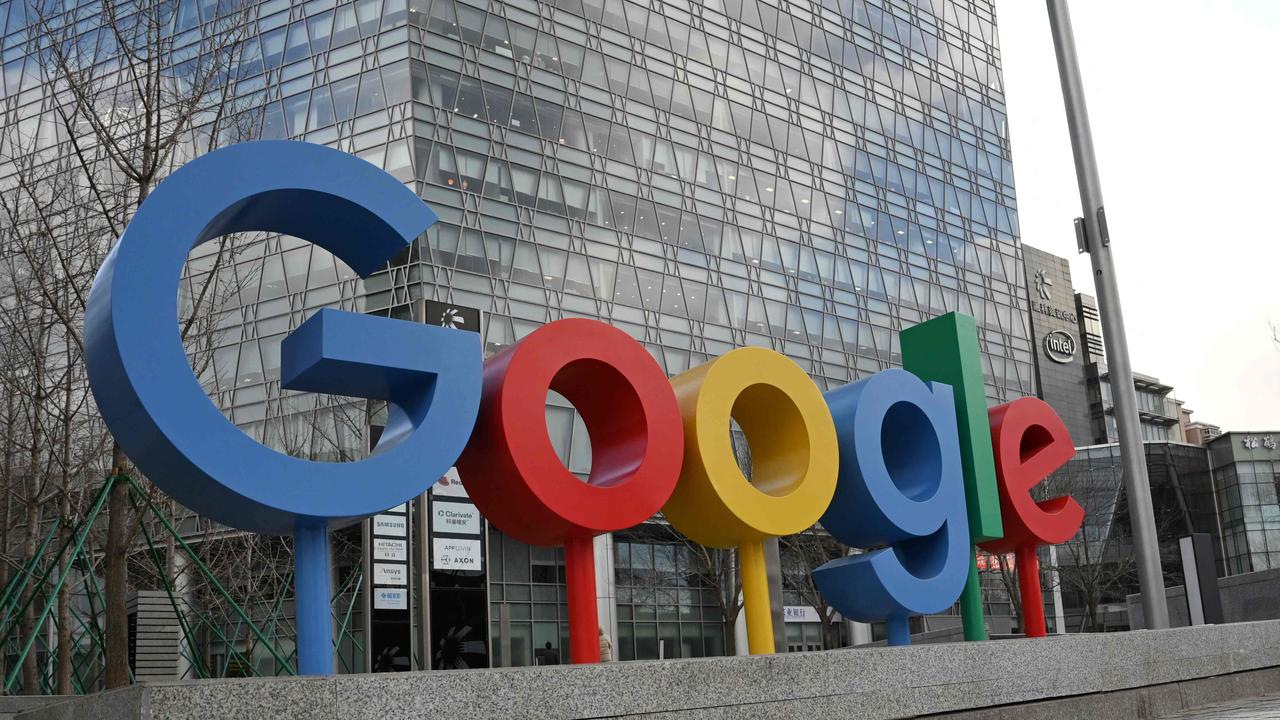
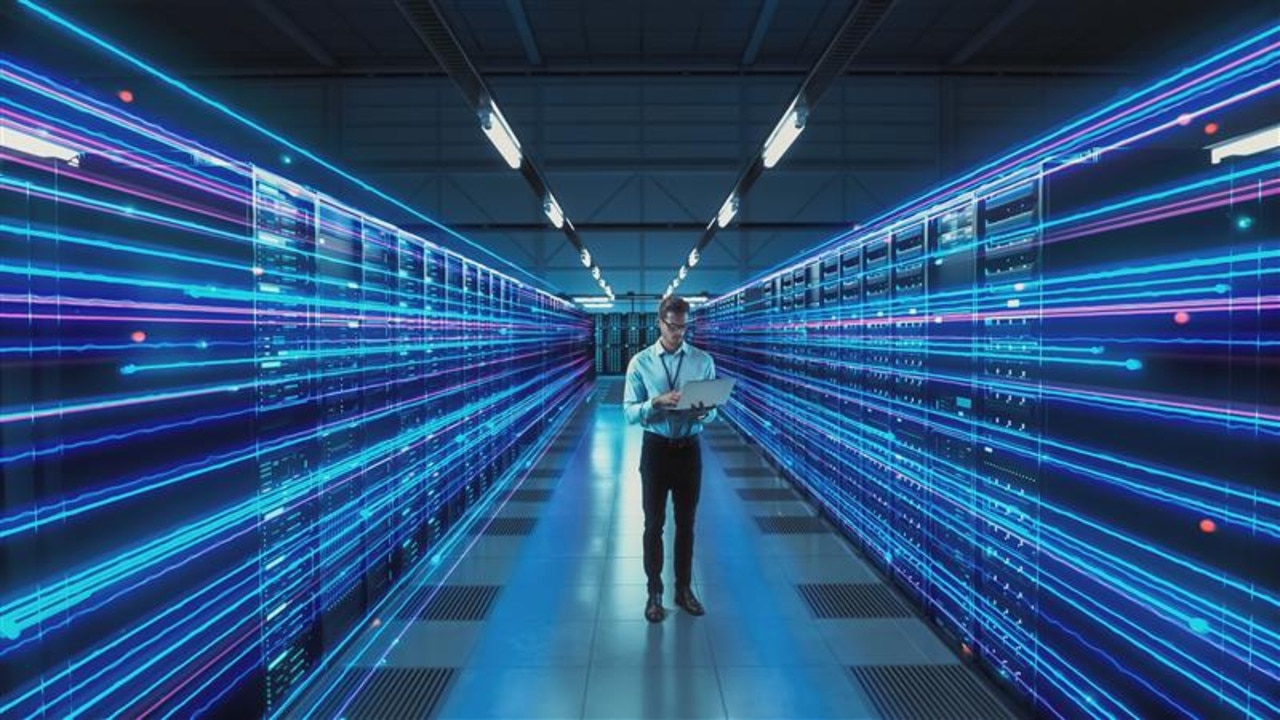
To join the conversation, please log in. Don't have an account? Register
Join the conversation, you are commenting as Logout